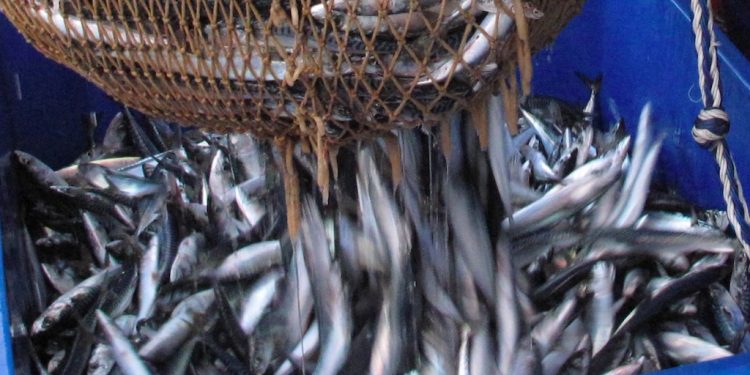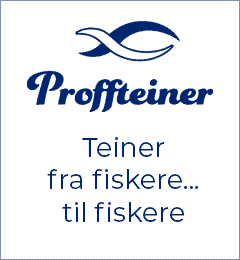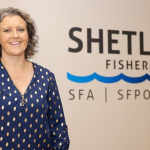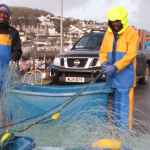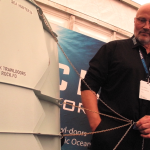Speaking last week in response to Parliamentary questions, Iceland’s Minister of Fisheries Svandís Svavarsdóttir has stated that mackerel fisheries across the North-East Atlantic have in recent years far exceeded the ICES advice – and that this is a serious situation that threatens the stability of the stock.
‘If this continues, everyone loses,’ she said in response to a series of Parliamentary questions from Sigmundur Davíð Gunnlaugsson.
‘The six coastal states have not reached agreement on fisheries within the advice, but expressions of negotiation are in progress and Iceland pins its hopes on an agreement being reached for 2023,’ she stated, commenting that Iceland’s position is that its negotiating position is based on verifiable evidence that is in line with the guidelines referring to high seas fisheries.
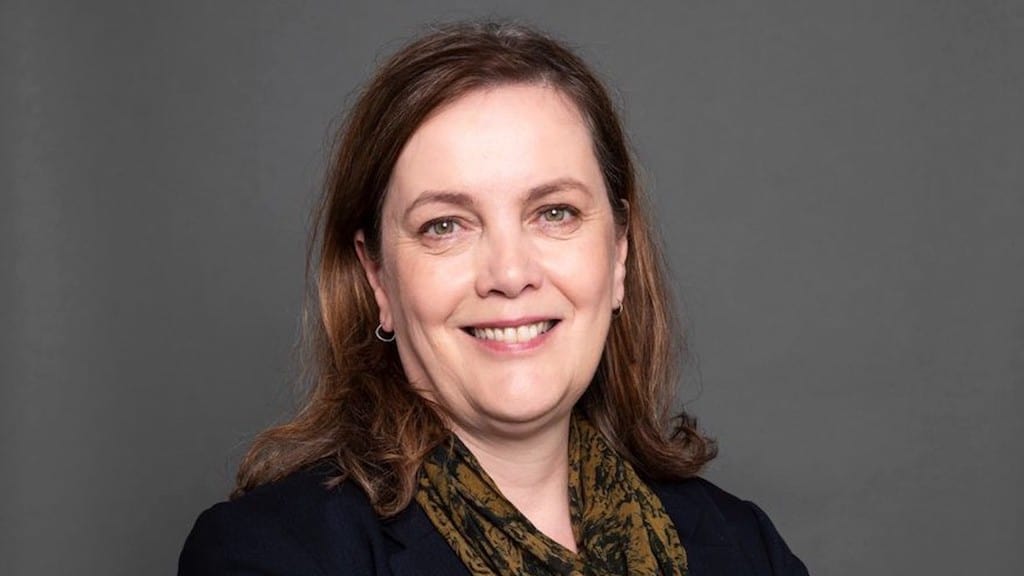
‘Iceland has been a leader in responsible fisheries, as this is the most productive approach in the long term. Iceland has therefore not wanted to follow Norway and the Faroe Islands in their irresponsible unilateral quota increases and unlimited quota rollovers,’ she said.
‘Their most recent policies, to increase overfishing still further, are not likely to strengthen their position and their international reputations among consumers or around the negotiating table. Iceland has placed the emphasis on stability and has maintained its share outside agreements, while also licensing moderate quota rollover from one year to the next.’
She added that it is in the interest of all of the coastal states that there should be an agreement across the board that provides reciprocal access to the the waters of other states.
‘The stock, and therefore the interests of those states, are not safeguarded unless all of those states are party to an agreement. Such an agreement would ensure the best possible exploitation of the resource in terms of quality of products and the health of the stock. at present there is no agreement in place concerning mackerel fisheries,’ Svandís Svavarsdóttir said.

